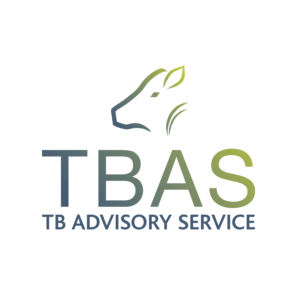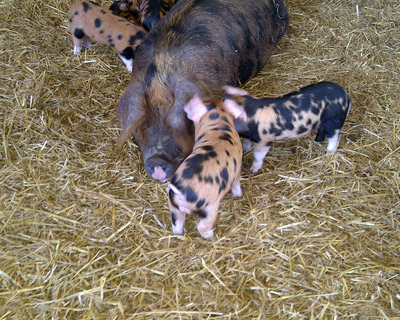Bovine TB is a chronic, infectious and primarily respiratory disease caused by the slow-growing bacterium Mycobacterium bovis (M. bovis). It is mainly a disease of cattle and other bovines, but can affect a wide range of mammal species, including other farmed and domestic animals.
What to do if TB is suspected in non-bovine animals?
You must immediately notify the Animal & Plant Health Agency (APHA) if you or your vet suspect that a live camelid, goat, sheep or pig, or a carcase of a non-bovine animal is infected with TB. Suspicion of TB in live deer and in the carcases of deer (whether wild or captive) is also notifiable. If TB is confirmed or suspected, movement restrictions are applied and will remain in place until APHA is satisfied, through testing, that all TB infected animals have been identified and removed. Additionally, APHA will TB test any cattle present on the holding and neighbouring premises.
TB testing in non-bovines
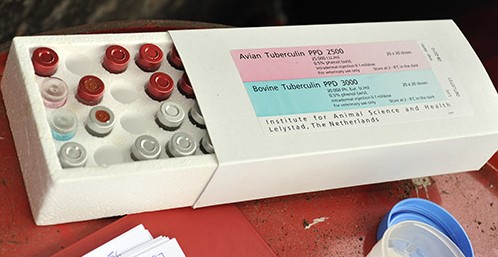
Tuberculin skin test
The comparative tuberculin skin test is also used in pigs, South American camelids, goats, sheep and deer.
As in cattle, the skin test is the internationally accepted test for M. bovis in live animals, although its performance characteristics in non-bovine species are not as well known.
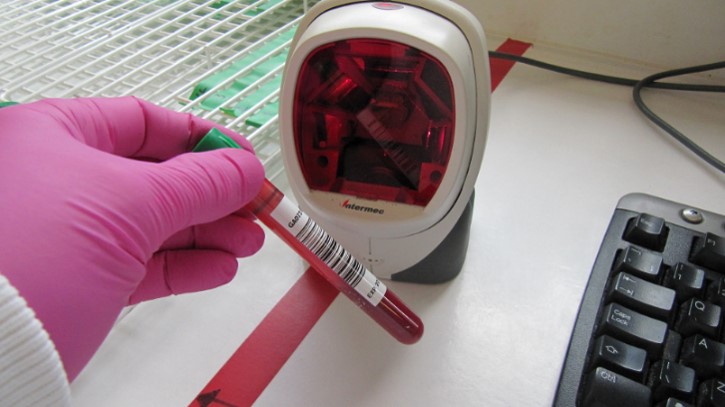
Interferon-gamma blood test
The interferon-gamma test has been evaluated in alpacas under UK conditions.
The test is resource-intensive particularly with regard to sample handling and has now been superseded by antibody tests.
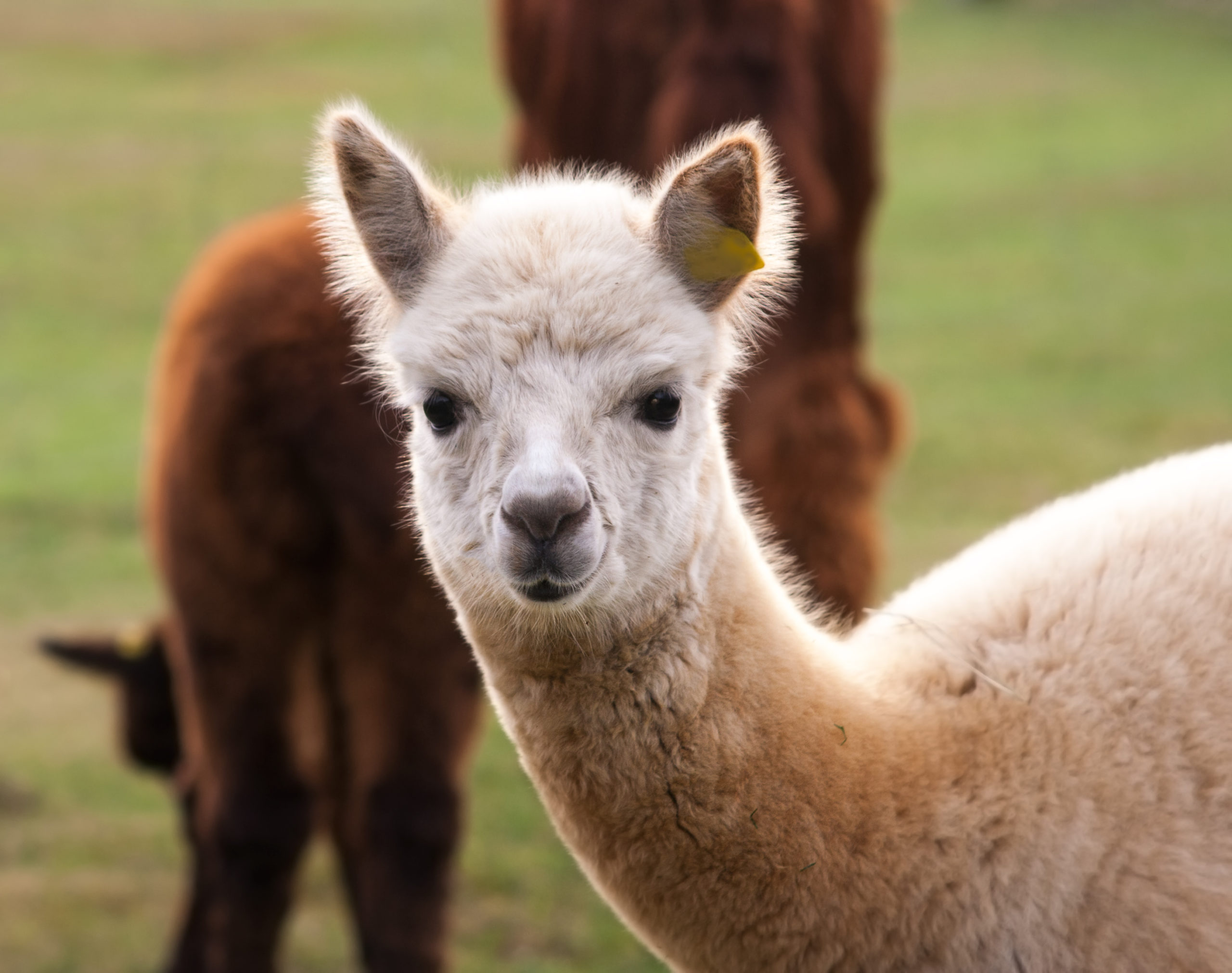
Antibody (blood) tests
Antibody tests validated under UK conditions are available for statutory testing of South American camelids (see references below). A voluntary private health scheme is also available. There are no antibody tests validated under UK conditions currently available for pigs, sheep, deer or goats.
Farmed animals kept as pets
Farmed animal species kept as pets most often include goats, camelids, pygmy pigs and lambs. In the event any of these animals become infected with M.bovis, they are treated as livestock and the particular method of disease management applied will depend on the species involved. Horses are regarded as highly resistant to to mycobacterial infections and reports of infection with M. bovis are very rare.
Free biosecurity advice for keepers of farmed non-bovine animals in England
The TB Advisory Service (TBAS) provides free, bespoke advice about practical, cost-effective measures to build herd resilience to bTB through on-farm advice visits and telephone advice. Keepers of farmed non-bovine animals across England are eligible for free advice from TBAS.
Keepers can request a free one-to-one visit with an experienced veterinary advisor, who will provide bespoke recommendations to reduce the risk of bTB infection for herds/flocks that are currently TB-free, whilst also discussing measures to prevent repeated re-infection for herds/flocks experiencing a TB incident.
Contact TBAS via email at info@tbas.org.uk or over the phone on 01306 779410 to book your free advice visit.
